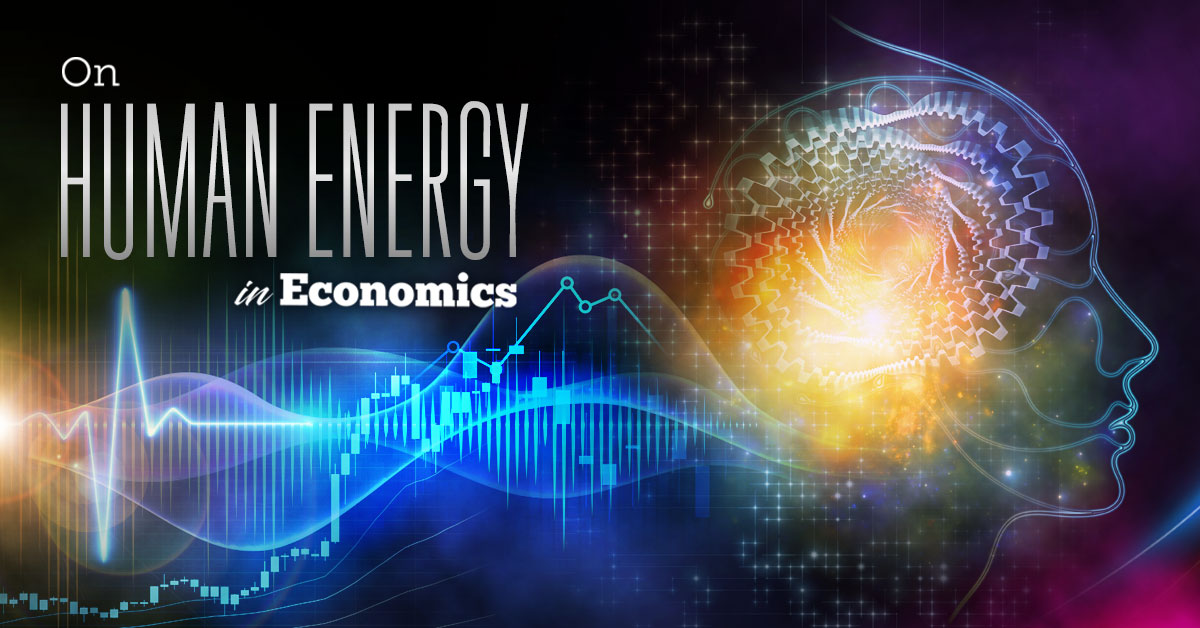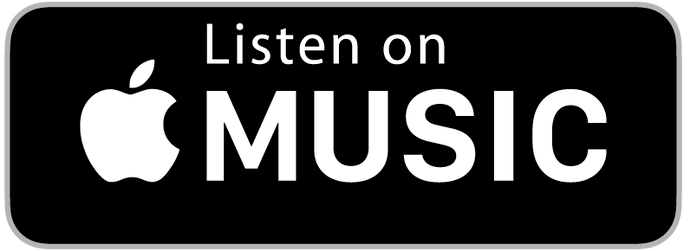This post contains a brief analysis of Humanity Economics Manifesto Clause 1.1:
(1.1) Economics is an organic phenomenon that is unique to humanity, rather than an exact science that can be applied to all life on Earth or to every object in the universe;
Not an Exact Science?
Science has empirically analyzed and defined most if not all parameters of survival. This includes things like the amount of time mammals can survive without oxygen, food and sunlight, etc. I would classify all of this into a realm I would call: the economic parameters of scarcity.
These parameters progressively lose their predictive precision when we ascend above survival in humanity’s hierarchy of needs.
The Ascent to Thriving
When human economic actors experience a period of time during which their consciousness is not required to worry about survival, they become endowed with the potential to thrive. If and when a human actor aspires to thrive, an energy phenomenon begins that is in fact unique to humans with respect to other organisms. It is the point at which we stop asking, do we have enough, and we start asking: can we do better?
When the scope of what we call economics is extended to this realm, the parameters for explaining the energy that propels us become far more complex, and with that, far less scientifically empirical. This is because the definition of what it is to thriving is not as universal as our discourse assumes. To thrive is to live better, and so we cannot necessarily assume that what is better to one individual actor to be generally accepted by every other.
What Humanity Economics refers to as the wealth of way is continuously expanding with human progress, and its opulence can be shared freely across humanity. As it permeates a platform, organic adoption of new ways generally occurs on the scale of the individual and the small group rather than the entire platform. Each actor and small group experiences this opulence differently, which brings the concept of a universal economic science into question in Clause 1.1.
Conclusion
In Clause 1.1 of the Humanity Economics Manifesto, I am questioning science’s respect for the organic process of what goes on intrinsically and metaphysically within the individual actor during creative and innovative processes. Today’s discourse is obsessed with measuring the wealth outcome by assigning a monetary value to it, rather than exploring the source of the wealth and the organic process that inspired its creation.
Song 4 of the Manifesto album, entitled A Better Way, is dedicated to exploring this within dreamers, artists and entrepreneurs. Please enjoy!
Michael David is the founder of the Humanity Economic Institute, a singer/songwriter, recording artist and is the author of the Humanity Economics Model. He writes expository pieces that reflect on the economic inspiration rendered through the prism of art.




